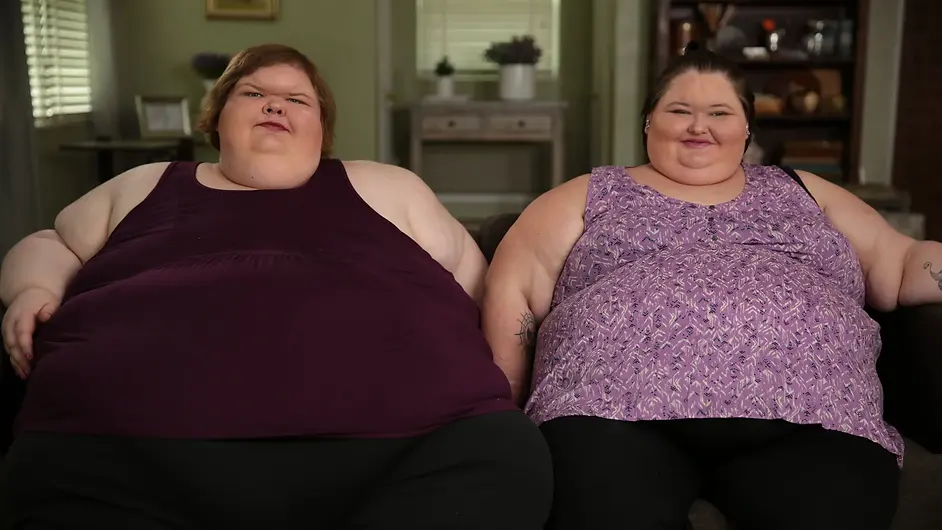
Reality Television
Who doesn't love a good reality TV show?
You know... the shows that use real people and their personality to create a certain drama. Though reality shows use real people, is the 'use' of these people to create such intense (and possibly fake) drama ethical?

TLC (formerly 'The Learning Channel')
TLC, originally named ‘The Learning Channel’, has been one of the most popular reality television channels. The channel features shows like 90 Day Fiancé, My 600lb Life, and Extreme Couponing. Most of these shows follow the lives of ‘normal’ people and their (dramatized) struggle with their day-to-day life with different angles to produce audience perspective and engagement.
Shows Featured In This Section
source: IMBD
Joyce, 44
My 600-lb Life, Season 8 Ep. 7
Joyce was featured on the show in 2020, weighing more than 750 pounds. She had a very tough life between her parents divorce, being sexually assaulted as a teen, and of course: her weight. In the show she sought to find help, but refused to believe in the help given to her. Viewers found her episode 'boring' and found her weight loss story 'lazy'. (Screenrant)

Why is this an ethical concern?
What is the rationale behind showcasing vulnerable people and exploiting their struggles? It is important to think about the similarities seen in different reality shows. Immanuel Kant gives a fitting perspective on how we can view this morally.

Amy Slaton, 35
Tammy Slaton, 36
1000-lb Sisters, main 'stars'
'1000-lb Sisters' features weight loss and familial struggles between sisters Tammy (left) and Amy (right). While the show is a fan favorite and features some funny and loving moments, it ultimately exploits the privacy of the entire Slaton family.
Tammy and Amy give viewers a good laugh here and there, but their life is publicly construed. Their privacy is invaded at the hands of producers.
This is much more common than you think.
Keeping Up With The Kardashians (KUWTK)
'Keeping Up With The Kardashians' or KUWTK features mom and family manager, Kris Jenner, and her daughters Kourtney Kardashian, Kim Kardashian, Khloe Kardashian, Kendall Jenner, and Kylie Jenner. The sisters were first well known for their show, but they quickly grew to stardom after Kris Jenner leaked Kim Kardashian's sex tape in 2007. The family would go on to become a social empire now full of billionaires, models, and a whole lot of drama, of course!

The Kardashians are socially powerful. They set trends! They stop trends! They can reset fashion trends with a simple Instagram Story post! Where is the sense of reality? How can we learn to view them objectively?
Conclusions:
It is important to note the process in which these 'real' people decide to be on these reality shows. I think in our own sense, we look to reality TV to make us feel better or to make us feel engaged with others. But when does this become harmful to both the reality star and even ourselves?
Placing ethical questions and concerns on reality is challenging, but we are human! It is imperative to mind the fact that we are humans with human emotion-- there are unique morals longing inside of us that allows us to create and interact with reality TV.
Watch for your own (ethical) entertainment!
Here are some scenes, from these shows, that pose some obvious ethical concerns. It is important to remember that these are real people with real issues that have been continually exploited by producers and audiences. Can you find some ethical concerns for yourself?
My 600 lb. Life
Think about how Sarah's daughter is being used to tell Sarah's story.
1000-lb Sisters
Think about how Tammy's right to privacy is being invaded.
Keeping Up With The Kardashians
Think about how Kim explains how she got so successful.





